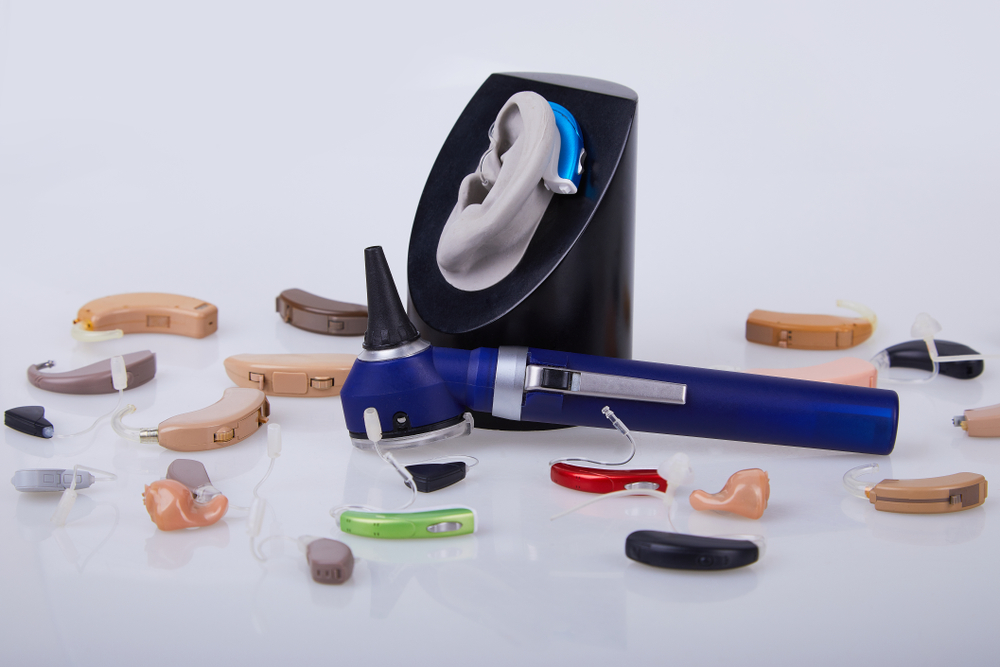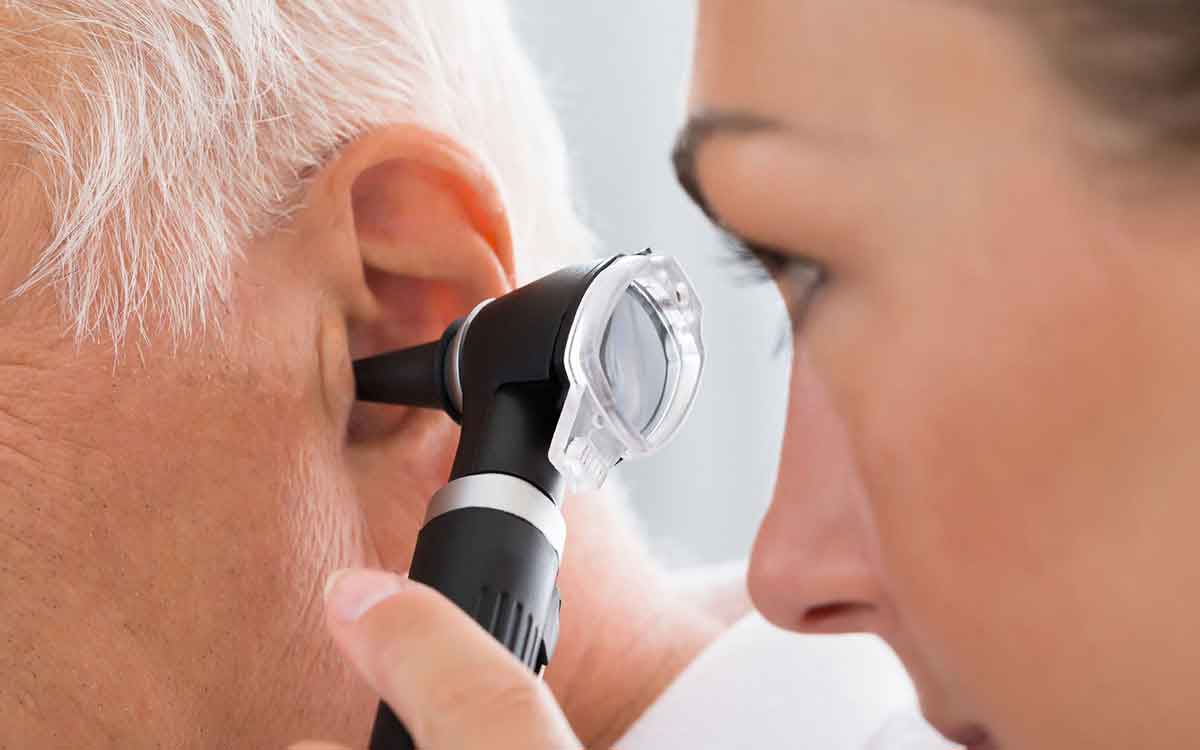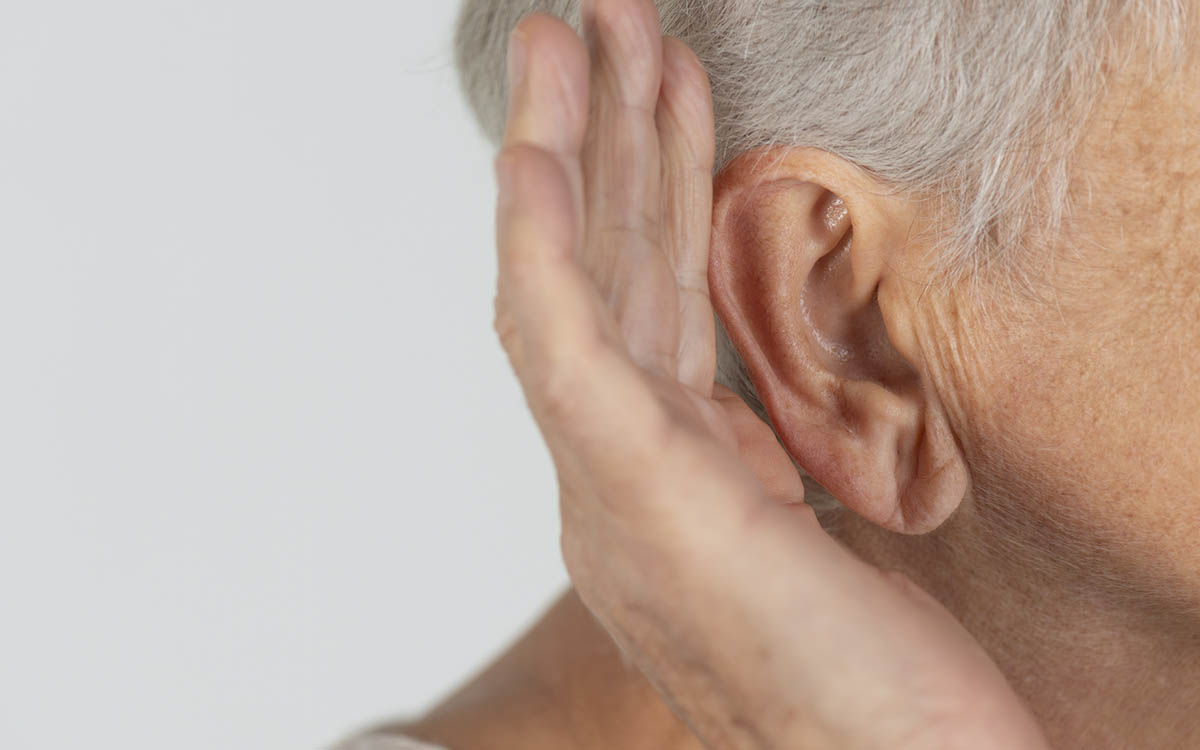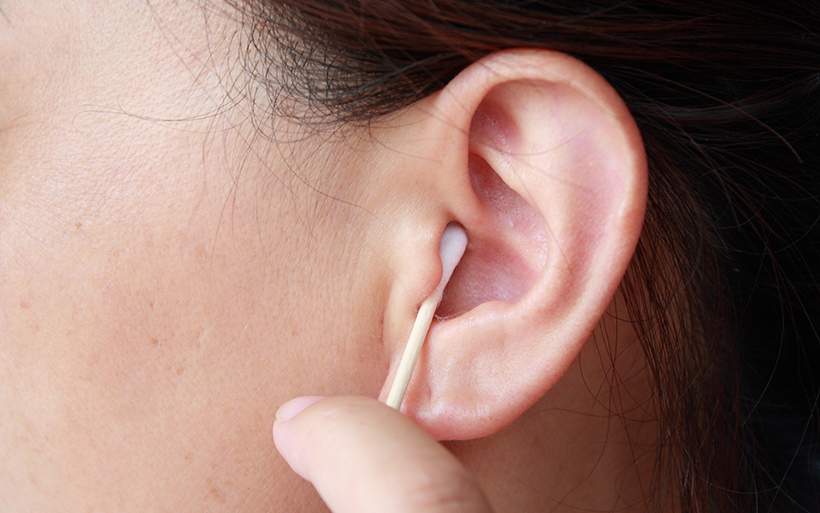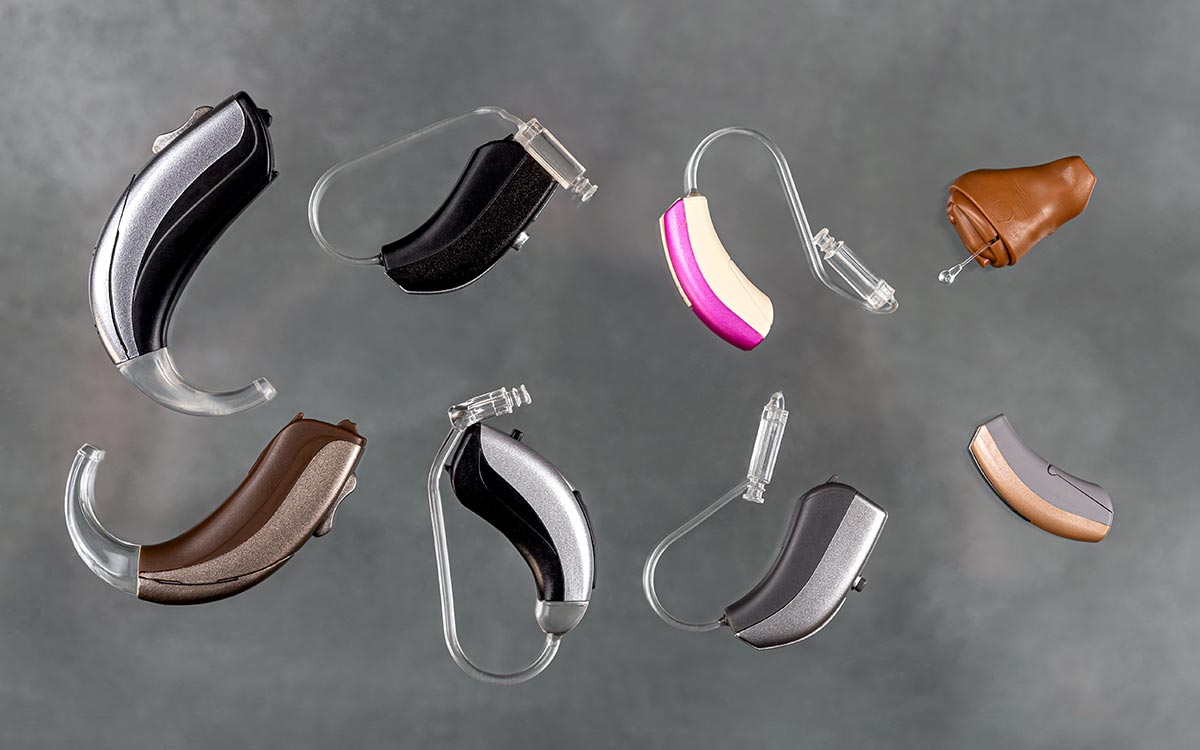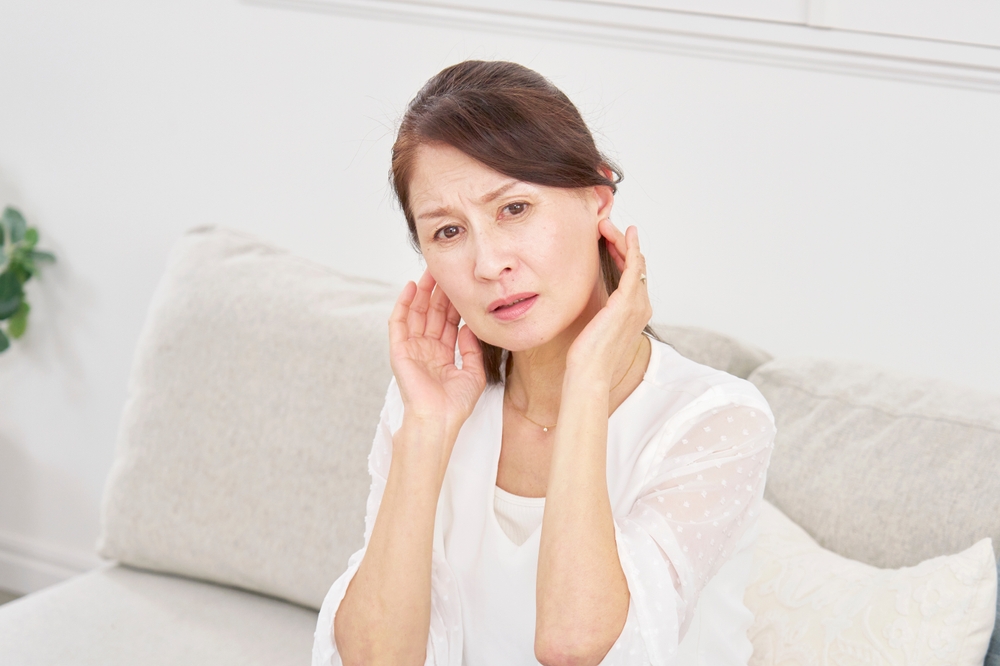
Identifying Primary Triggers for Sudden Hearing Loss
Waking up at the start of the day and realizing you have lost your hearing is a frightening experience for anyone. This specific hearing impairment is remarkably rapid, often manifesting without any physical discomfort or preliminary symptoms. While some causes are temporary and easily treated, others require immediate medical attention. Identifying the typical catalysts for

